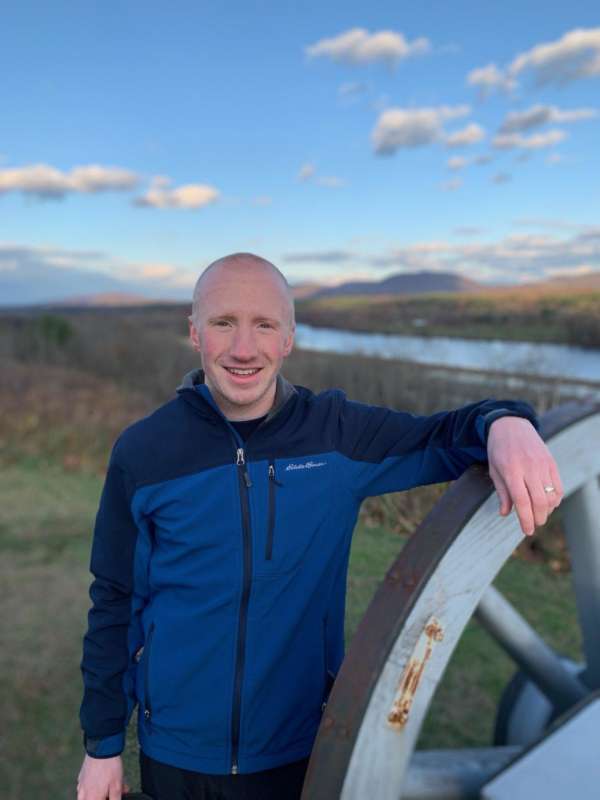Alumni Spotlight
Profile of One of Our Graduates
Name: Kevin Pawlek
Major, Minor:
Year Graduated: 2014
Job Now: Historic Site Manager, Prince William Historic Preservation
______________________________

What have you been up to since graduation? After graduation, I worked for a season at Harpers Ferry National Historical Park and then bounced around a few odds-and-ends jobs. In May 2015, I landed my first job as Education Specialist (and then was promoted to Director of Education) with the Mosby Heritage Area Association, a small nonprofit historical education and preservation organization in the Virginia Piedmont. I worked there until February 2019 when I landed my current job in Prince William County. While working, I managed to write three books and several articles, so I have kept myself busy.
What is the best/most interesting part of your job? I’m blessed to manage two excellent and diverse historic sites–Ben Lomond Historic Site in Manassas and nearby Bristoe Station Battlefield Heritage Park. Both are Civil War-heavy sites but each has a wide array of stories to tell from the lives of the enslaved of Prince William County (Ben Lomond has one of three original slave quarters in the County) to 19th and 20th century farming techniques to medical history and more. It is great to have so much to talk about with visitors and research projects to be done to continue to piece together the history of western Prince William County and the people who have lived there in previous centuries.
What has been your favorite and/or most memorable on-the-job moment? Before I graduated, I worked as a seasonal ranger at Harpers Ferry National Historical Park and as such was able to help plan and participate in several events commemorating the sesquicentennial of the American Civil War. Many people came out to the park to learn about Harpers Ferry’s history (not just its Civil War connections) during these national commemorations. Growing up, I never would have imagined that I would get to present programs to visitors from across the world during some of the 150th anniversary commemorative events.
How did our program help you prepare for your current job? While Shepherd University is in an ideal location for history majors, it is the people I met and worked with at Shepherd that have had the greatest impact on me. From the professors whom I learned from to my colleagues in the history program, all are still people that I rely on for help or answering questions today. Shepherd’s history program does an excellent job preparing students for working with the public at historic sites and museums through its use of real-world training. For me, that ranged from preparing military staff rides to learning how to install windows in a historic structure to making history relevant and interesting for the people we share it with.
What advice would you give to current students? First, have fun and enjoy your time as an undergrad at Shepherd. Seriously. It goes by fast and you will miss it when it’s gone. From a professional standpoint, two of the greatest assets you can have in the history field is flexibility and coachability. There have been countless times in my career so far when I have had to change what I’m working on quickly to accommodate a tour, meet a new deadline, write different text for an interpretive sign, and more. Roll with the punches as they come along and remember why you got into this field in the first place: because you enjoy history and sharing it with others. Regarding coachability, always be willing to learn from others, no matter if they are one year or thirty years into their career. Lastly, historians are passionate people. Let that passion fuel you each and every day. Your visitors and coworkers will notice it and will thrive off that energy. It makes the job a lot more fun.